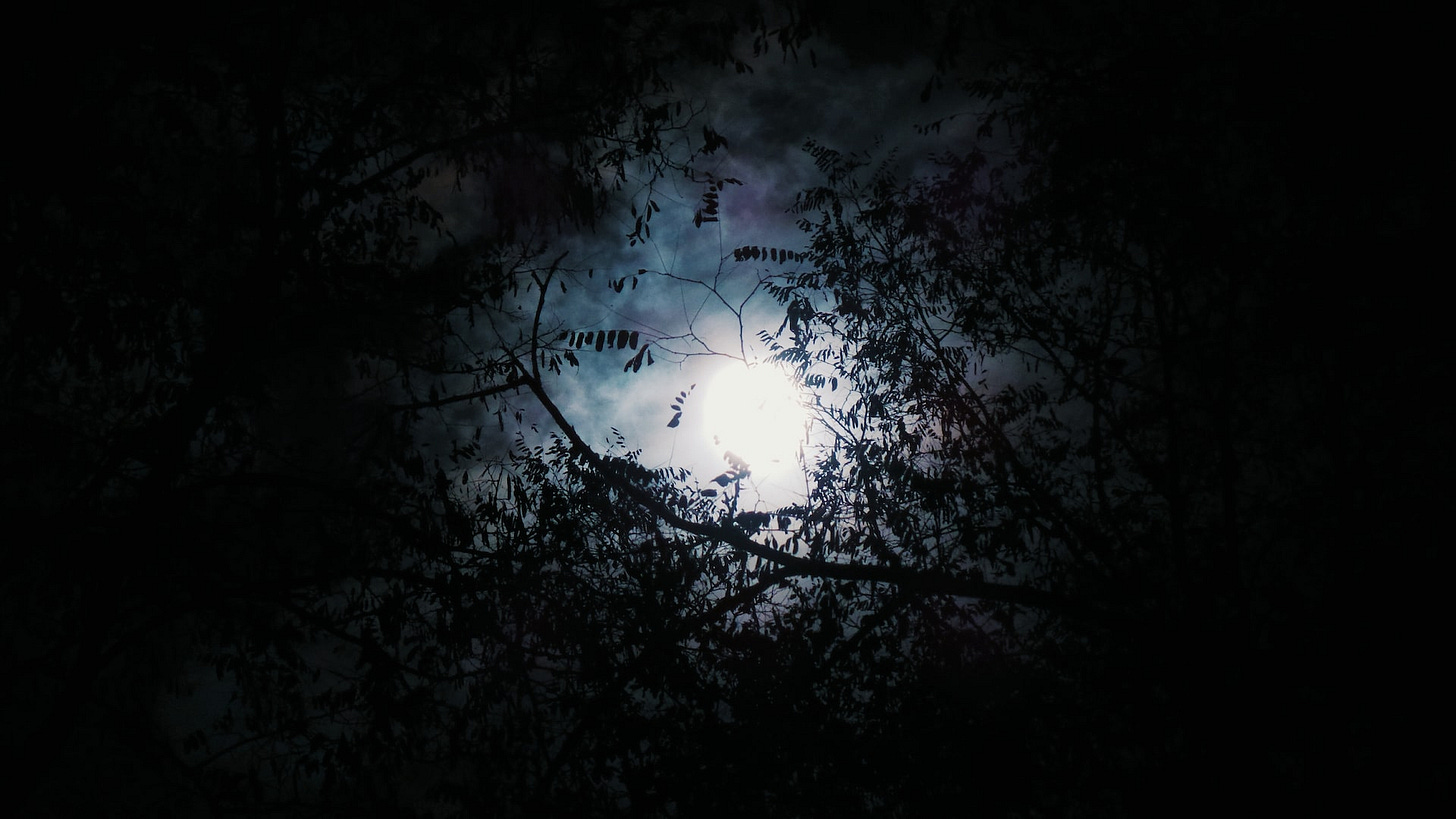Disinformation as Black Magic
The bewitched oak tree of the Internet.

This essay isn’t about how disinformation is black magic, it’s about how those who fear it treat it as if it was and why they’re wrong.
Why Black Magic?
Black magic might seem like a weird term, but the comparison is fitting.
It evokes the image of something sinister, bypassing the laws of discourse and putting those it touches under its spell.
This matches how the effects of “fake news” is often portrayed, the story goes something like this:
One moment your brother sits next to you by the campfire, the next they stray from its protecting light and venture into the dark forest.
Upon their return there is something off about them, while they wandered the narrow, leafy trails it got to them.
“It” not being a bewitched oak tree with fairy fire in its belly and three deer skulls for a head, but disinformation.
But how accurate is this narrative?
To describe the mechanics of the mind, I have invented something called the law of conservation of information, abbreviated “LCI”.
It resembles the law of conservation of energy, although unlike energy, information can be created or at least enter new minds, therefore the LCI simply reads: “Information can’t be destroyed”.
You laugh, but let me explain.
My worldview has changed a lot and I have learned that letting go of a cherished belief never feels like you thought it would when you still held it.
You feel shattered, but after taking inventory you see that the world still stands. Not only are its old fixtures there, but the horizon has expanded.
Conversion feels less like changing sides and more like realizing you have been on a different one all along.
Experiences like these makes me doubt that disinformation can take possession of someone or make them no longer themselves.
The Light of Truth
Nonetheless, this perceived menace has spawned an army of disinformation experts fighting back.
These are white witches and warlocks protecting the innocent villagers from the cursed oak tree and the malicious influence spreading through its gnarly roots.
What drives these brave souls?
Despite frequent, slanderous allegations from those who have partaken of the oak tree’s sinful sap, they aren’t in it for the money or narcissistic prestige.
In their war against the oak tree, the white magicians spend a lot of time studying its lore and battle tactics. Its dark becoming the foil to their light.
Disinformation experts are invigorated by their attacks on disinformation, because identifying what it is also defines what they are not.
Another reason the counter-disinformation field thrives is that humans are terrible at imagining how incorrect beliefs can form organically, shifting blame to an agent in the Kremlin who intentionally fabricated it removes this dissonance.
Fear that deviation from the established truths of the community stems not from rational disagreement, but “influence” directed by external forces has always been with us.
Its original form was demons sowing heretical thoughts to lead believers away from God, in the 60’s and 70’s it morphed into the counter-cult movement and “brainwashing” panic.
There were likely a couple of bewitched oak trees in there too, but I think it’s time to shelve that analogy.
It culminates in our time as “Russian disinformation” and attempts to censor it on social media.
What’s paradoxical about the latter, is that the counter-disinformation crowd themselves are regular consumers.
If a disinformation researcher can spend a working week looking at disinformation without succumbing to its corrupting influence, what danger is a glance from the rest of us?
The Price of Fear
It might seem odd to worry about a disinformation ban, but this new moral panic has its price.
We might lose the learning value found in wrong opinions.
Having studied a range of worldviews, I think I am richer from the journey, than if someone had laid the correct answer in front of me.
Even without governmental or corporate censorship popularizing accusations of “disinformation” or “propaganda” could hurt the discourse, because it encourages people to emphasis the origin of a claim rather than its veracity.
This is known as the “genetic fallacy” actually.
While vested interests matter and should be exposed, they do not disprove a statement and most assertions can be attributed to a dishonest motive if you try.
If someone successfully delegitimizes a claim by labelling it “disinformation”, that then becomes a win condition and everyone will want to use it against their opponents.
Over time the word “disinformation” will lose its meaning and become synonymous with information the speaker disapproves of. In fact, just a few years into the “disinformation age” we are a good stretch down this road.
Propaganda and OSINT are definitely “trendy” fields to claim expertise in and they are degraded by being such easy sources of authority and relevance.
Disinformation has also ceased to mean narratives planted by hostile state actors and the ragtag claims that occupy the label now don’t share a common origin or means of propagation setting them apart from other beliefs, at least not any that aren’t incredibly tenuous.
Stay in touch by following me on Twitter, @disinfology.

